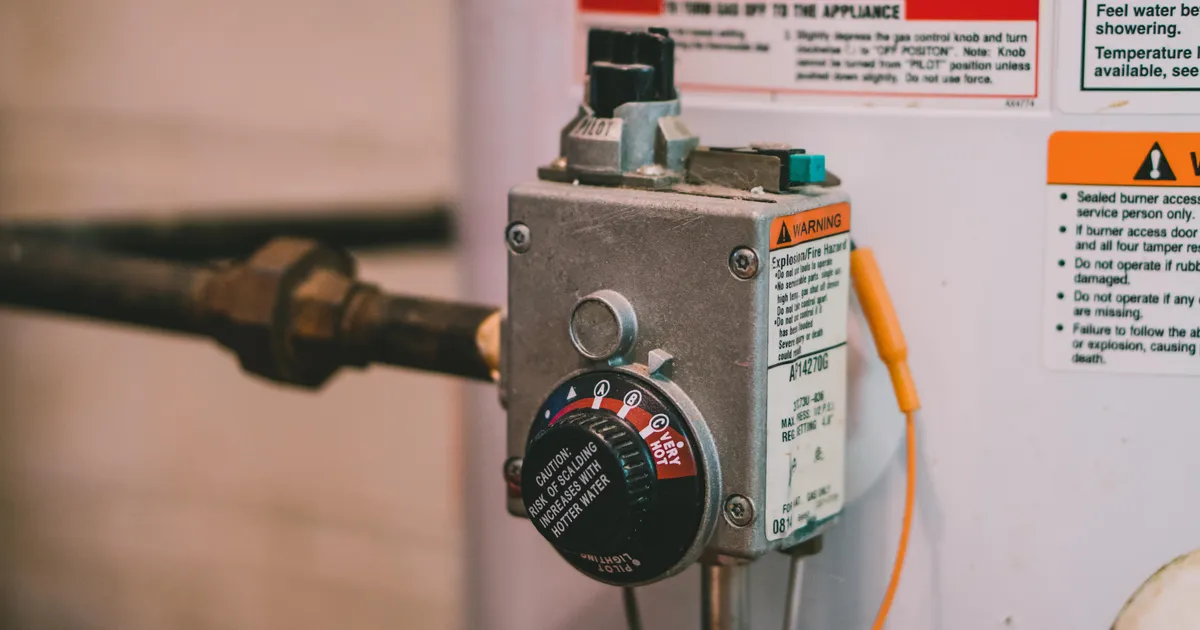
The Ins and Outs of a Gas Hot Water System
One of the first decisions you need to make when you want to install a new hot water system is what type of system you would like. There are several different types to choose from and making the right choice hinges on understanding what each system is, how it works, and the advantages and disadvantages of each.
To make this choice a bit easier, let’s look at gas hot water systems in more detail.
What is a Gas Hot Water System?
A gas hot water system, as you’d expect, uses gas to heat your water. These systems are available as either storage tank systems or continuous flow or tankless systems. To determine the efficiency of the system, you’ll generally need to look at the energy rating of the system based on a star rating system. The more stars the system has, the more efficient it will be. Understandably, the price of gas hot water systems also increases as efficiency increases.
How Does a Gas Hot Water System Work?
How the gas hot water system works depends on the specific system you use. When you use a storage gas hot water system, the system will use a burner to heat the water in a tank. Once it reaches the desired temperature, a thermostat will turn the heating off. As you then use hot water, cold water will flow into the tank and be heated again. By storing the hot water in a tank, these systems ensure that you always have hot water available.
In contrast, instantaneous or continuous flow systems only heat water when you need it. To do this, they use a flow sensor that sensors when you open the hot water temp. This flow sensor then activates a burner that heats the water as it moves through a heat exchanger. Once you close the tap, the burner turns off. Because these systems only use heat water on demand, they are more efficient than tank-based systems.

Pros and Cons of a Gas Hot Water System
Now that we’ve seen how gas hot water systems work, let’s look at some of the benefits and disadvantages of these systems. One of the major benefits of gas hot water systems is that they’re far more efficient than electric hot water systems. In other words, they can heat larger volumes of water faster. Flowing from this, you’ll be less likely to run out of hot water.
Another benefit of these systems is that they’ll allow you to save on energy costs. While electric hot water systems are more efficient at storing hot water, electricity costs more compared to gas and, thus, is cheaper at heating water in the first place.
Apart from these benefits, gas hot water systems do have a few disadvantages. For one, because they need a ventilation system, they’re often more challenging to install. And more challenging installs mean more expensive installs.
Besides being more expensive to install, gas systems are typically also more expensive to buy. This, combined with higher installation costs means higher total upfront costs. It’s important to remember, however, that you’ll be able to set off these higher upfront costs against the lower running costs over time.
Conclusion
Hopefully, this post helped illustrate gas hot water systems in more detail, so that you can make the right choice when choosing a hot water system. When you’ve made your choice, a licensed plumber is necessary to install and maintain a gas hot water system. That’s where Precise Plumbing and Electrical comes in. We’re your plumbing and electrical partner in Adelaide.




